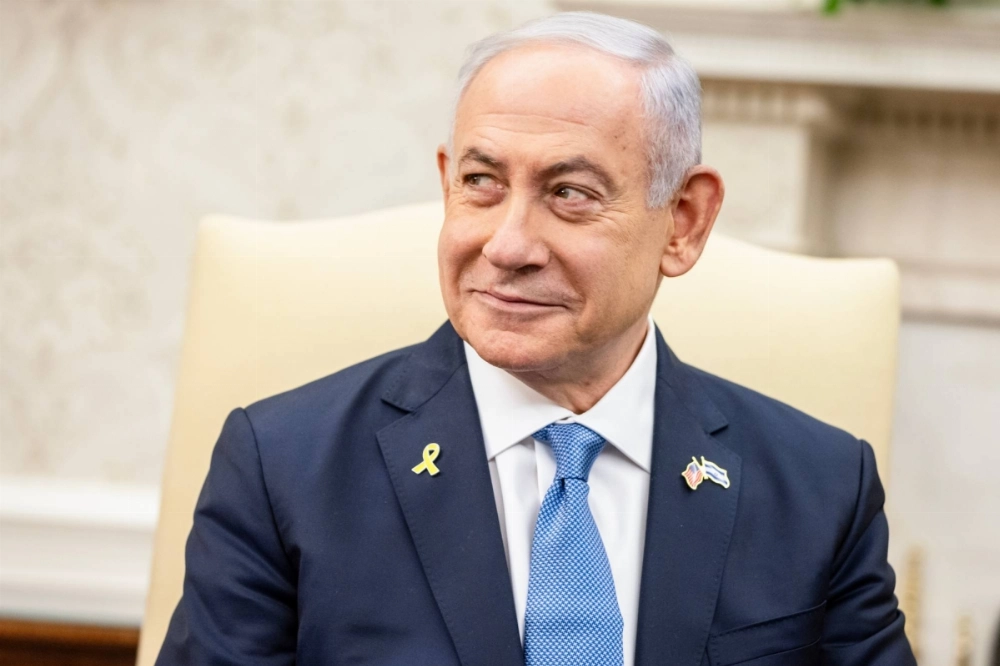Two months ago, when a cease-fire between Israel and Hamas seemed close, a new obstacle arose: Prime Minister Benjamin Netanyahu said his troops must hold the Gaza-Egypt border to prevent Hamas from rearming and smuggling out Israeli hostages.
Many in Israel’s security establishment dismissed the demand and accused Netanyahu of avoiding a deal to keep the war going.
Yet within days, two journals — Germany’s Bild and London’s Jewish Chronicle — published articles based on documents that supported Netanyahu’s point and suggested that Hamas was obstructing a deal.


















With your current subscription plan you can comment on stories. However, before writing your first comment, please create a display name in the Profile section of your subscriber account page.